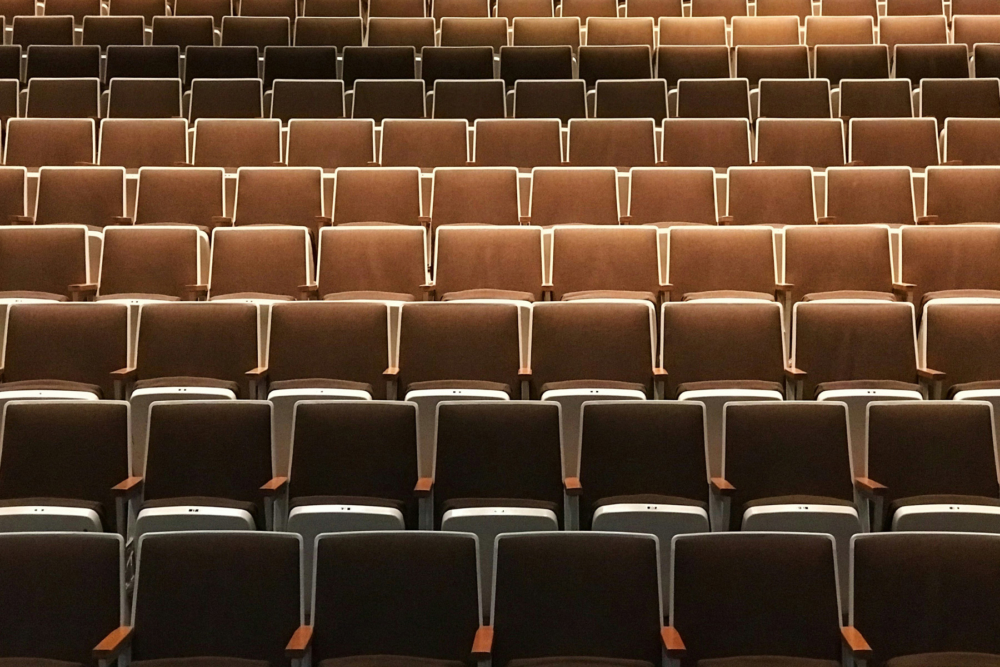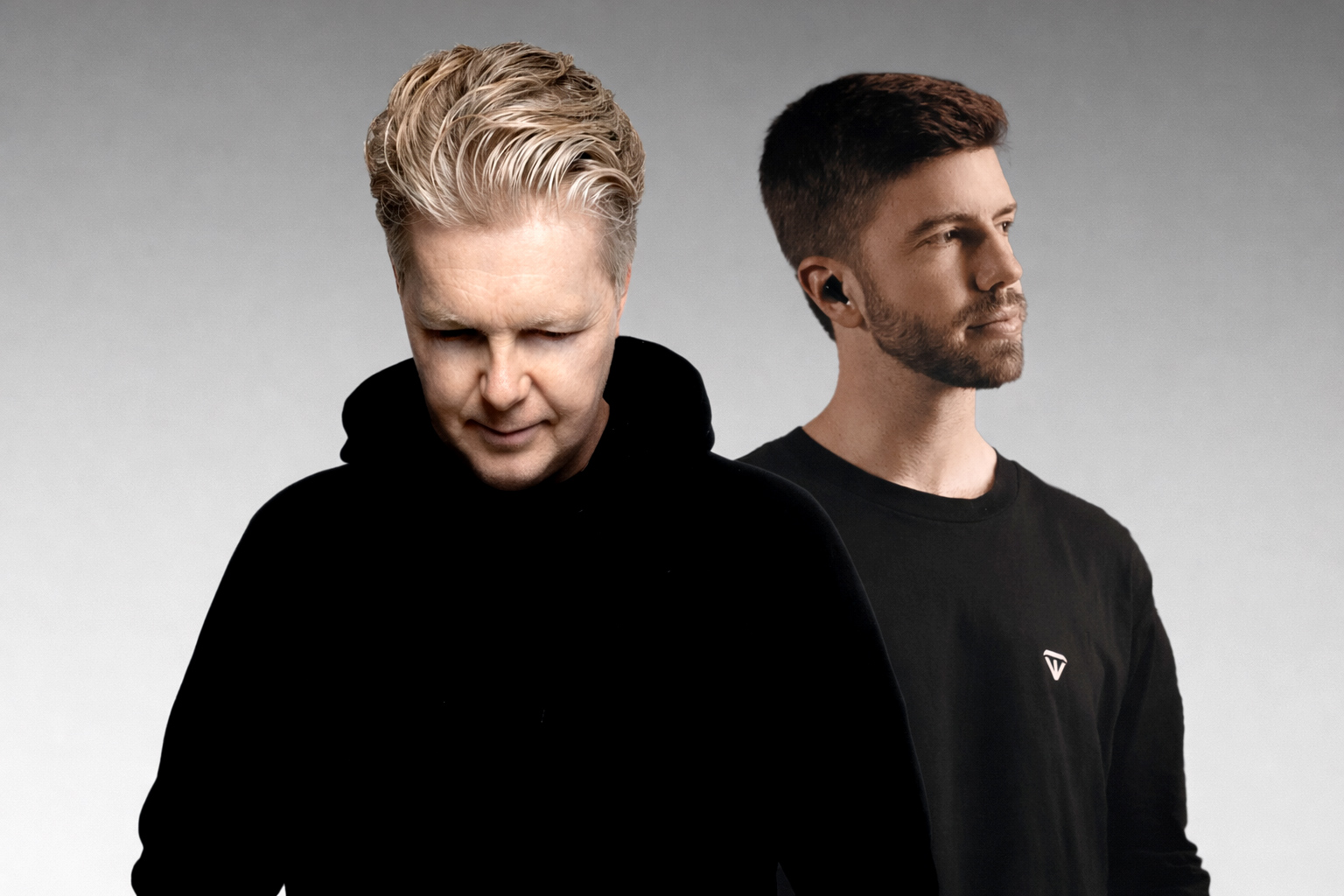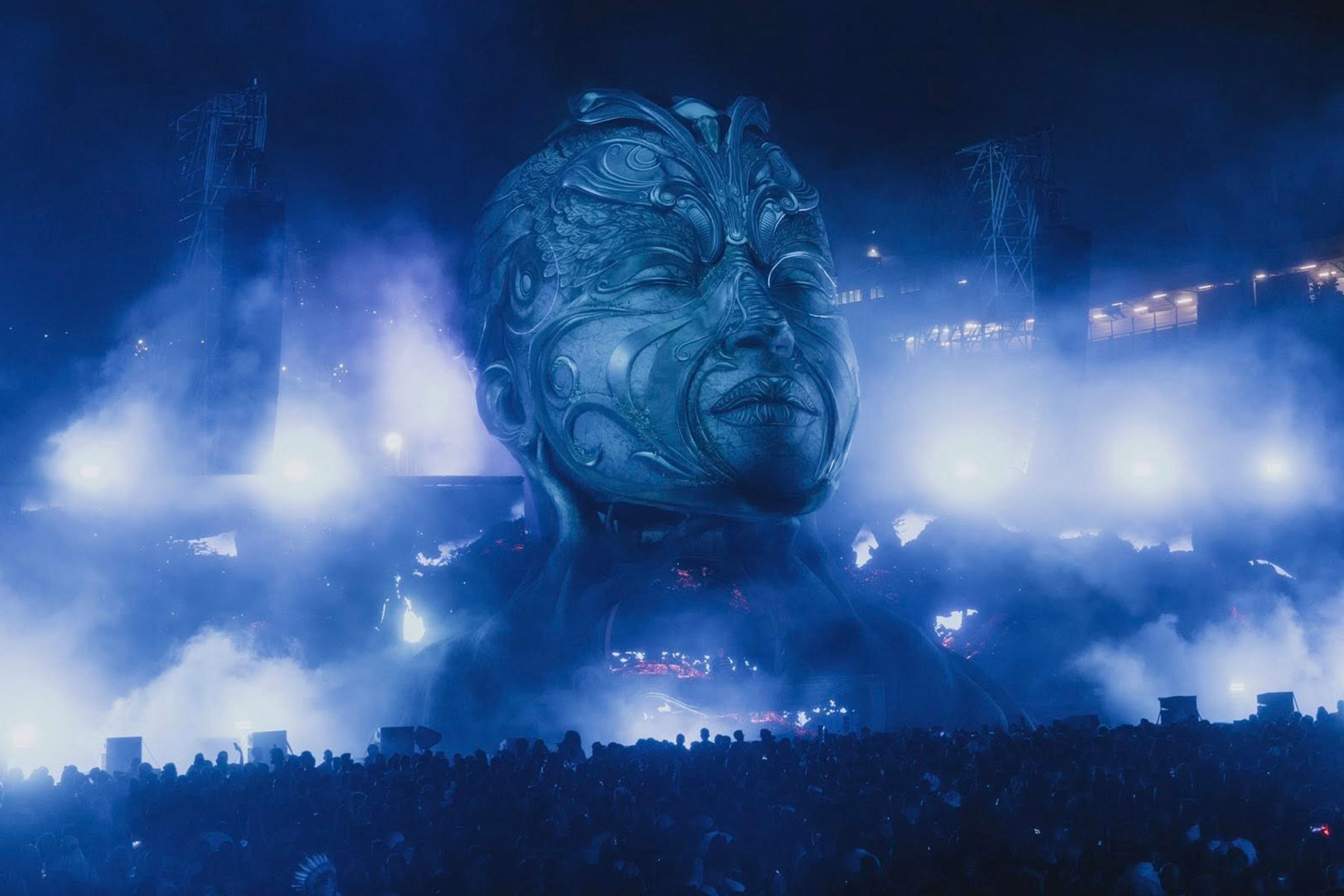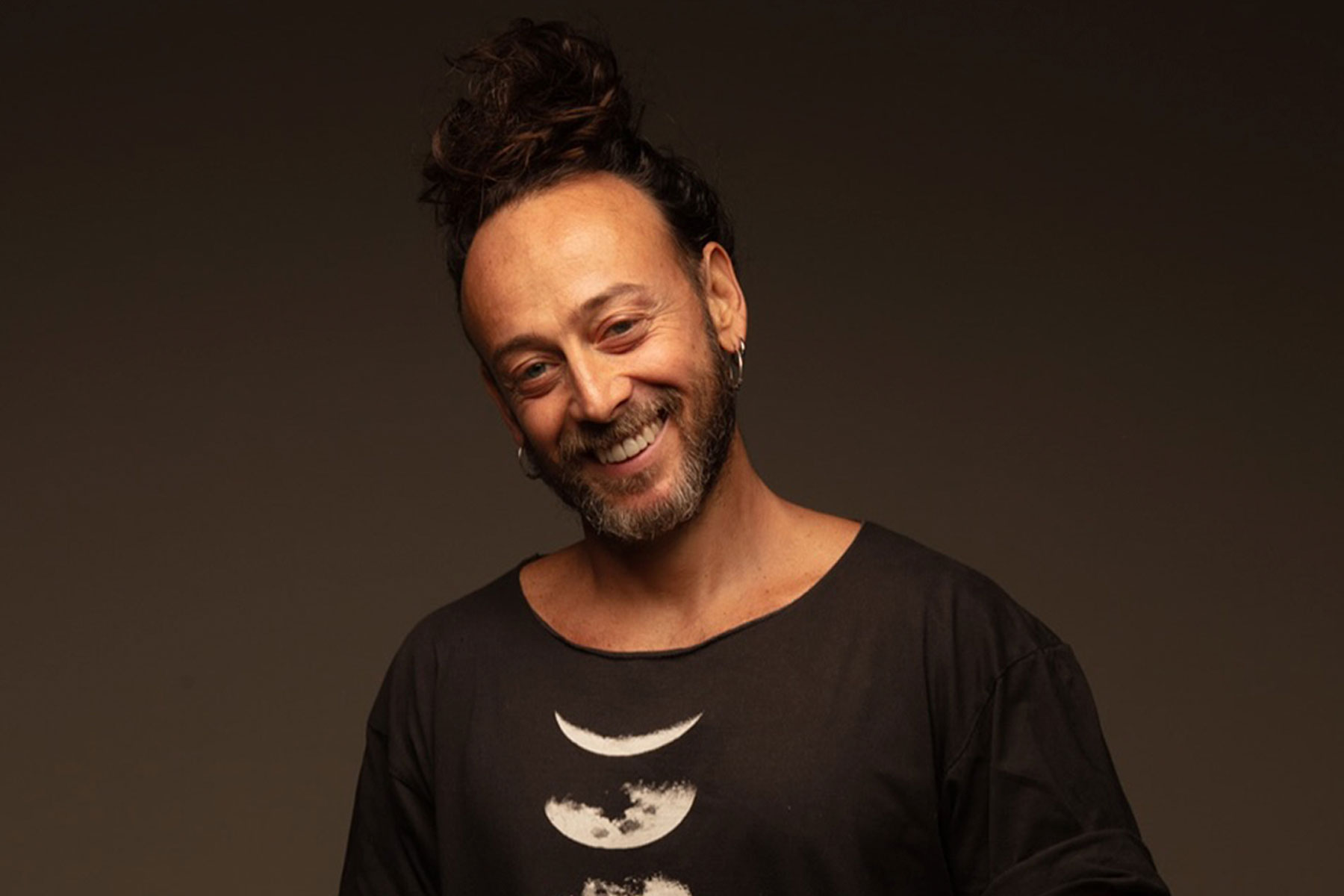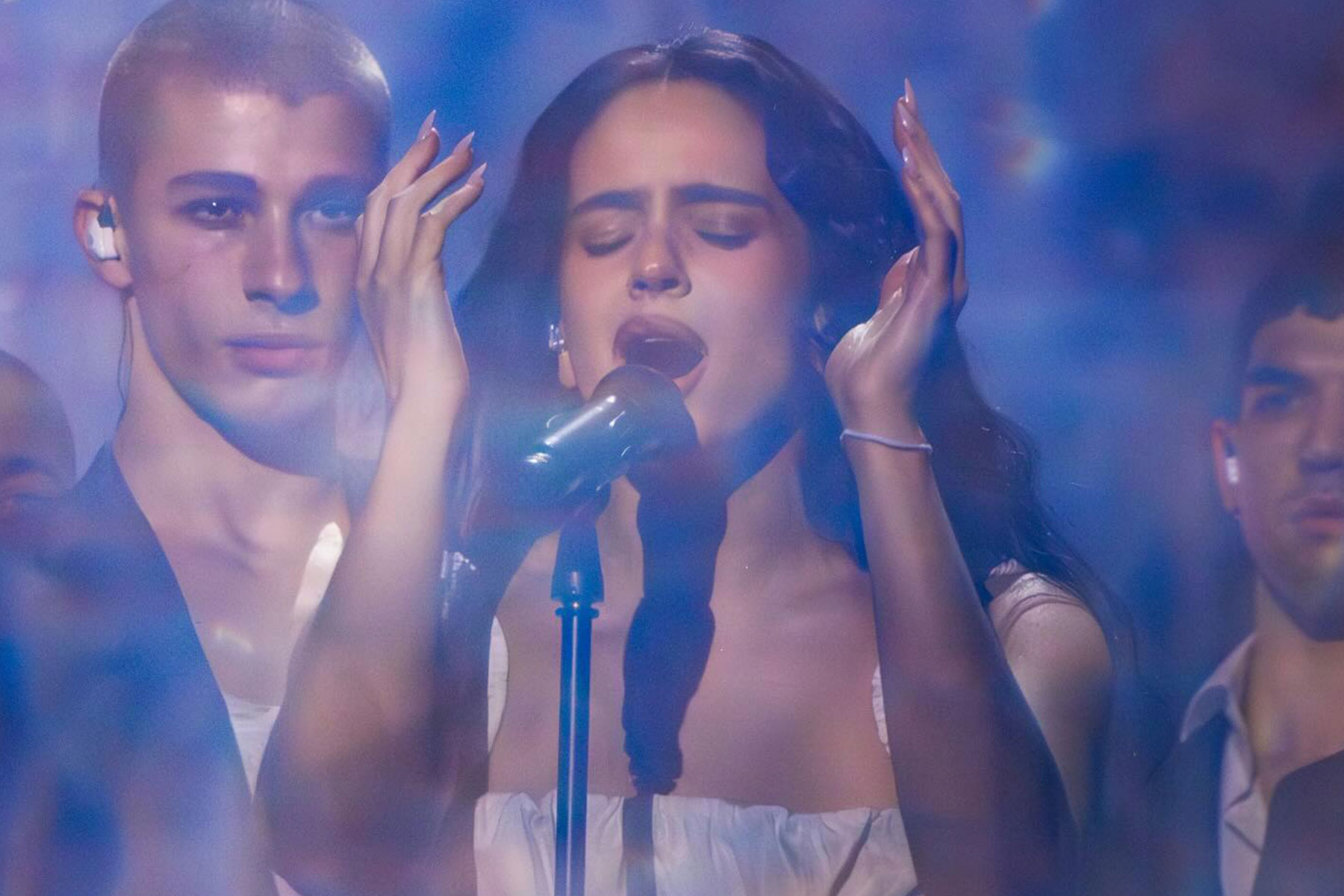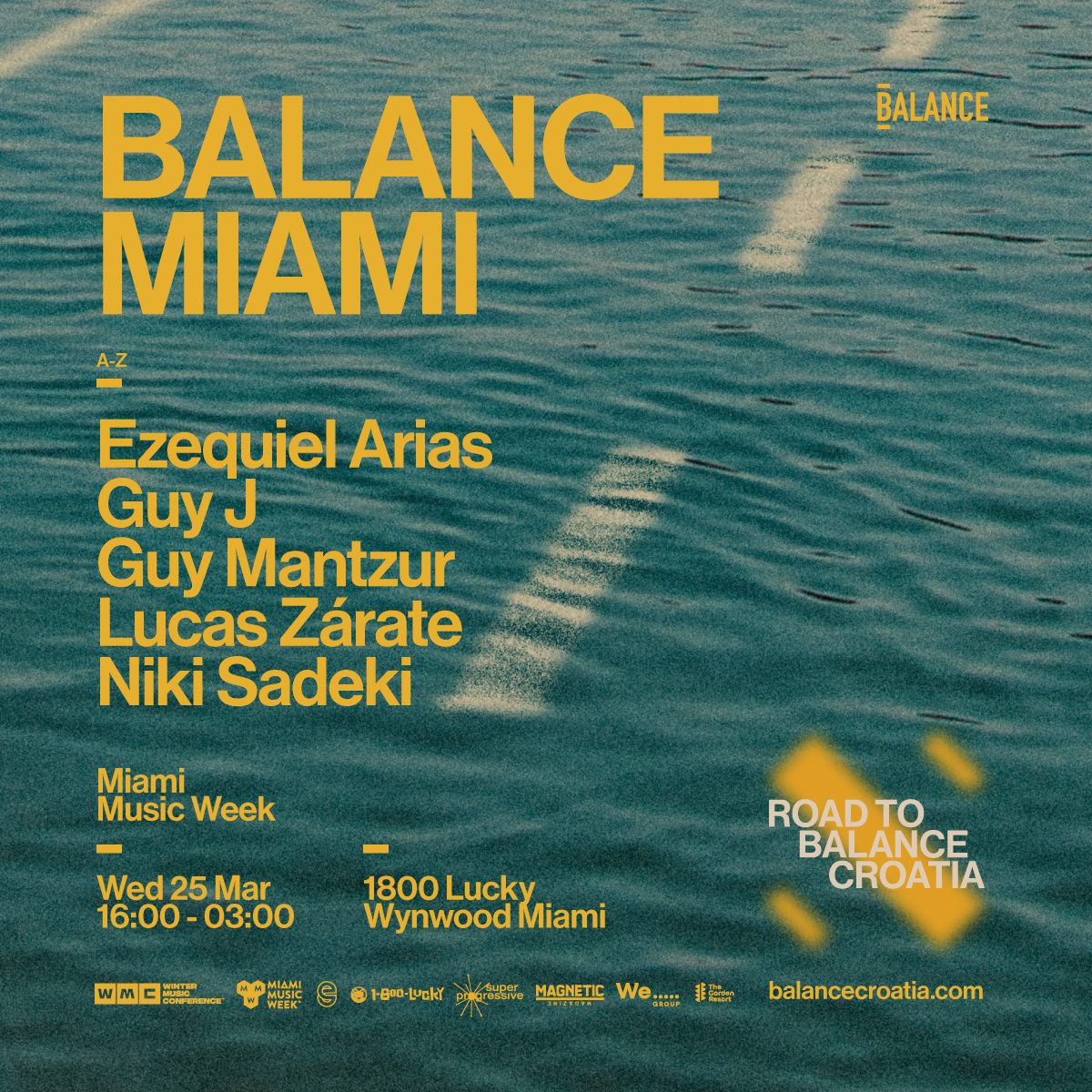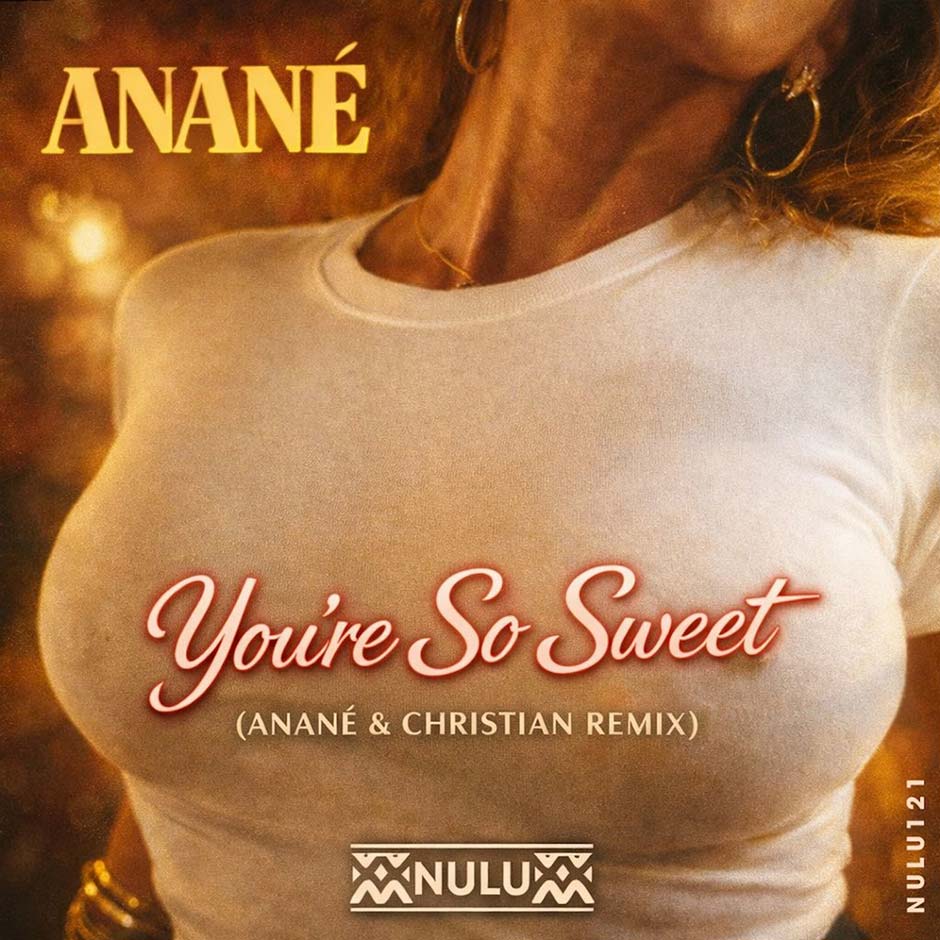Imagine your favorite band is coming to town, but they unexpectedly cancel the concert. Disappointing, right? Massive Attack did that, but their reason has re-ignited a significant conversation.
Photo by Tyler Callahan on Unsplash
The British trip-hop band withdrew from their scheduled performance in Tbilisi, Georgia. This wasn’t a case of missed alarms or scheduling conflicts but a deliberate move to protest the Georgian government’s recent crackdown on human rights.
Here’s the context: Georgia has introduced controversial new laws that have sparked widespread discontent. One law mandates that groups receiving foreign funding must declare this publicly, reminiscent of punitive measures from dystopian literature. Another targets peaceful protesters and the LGBTQ+ community. Massive Attack found these measures unacceptable. By canceling their performance at a government-owned venue, they refused to appear complicit in these policies.
Concerts are generally seen as celebrations, but performing under a regime that suppresses fundamental freedoms could be construed as endorsing such policies. Massive Attack’s decision to withdraw from the concert sends a clear message: they refuse to support or appear to support governmental oppression.
This action adds to an already growing trend where artists use their influence to highlight social injustices. Earlier this year, for instance, Coldplay postponed their planned concert in Indonesia, citing concerns over the country’s severe restrictions on LGBTQ+ rights, leveraging their platforms to advocate for change.
Massive Attack’s stance amplifies the global spotlight on Georgia’s political situation. It poses an essential question: Should musicians leverage their fame to champion human rights?
With millions of fans, Massive Attack’s actions resonate widely, prompting reflection and awareness. Perhaps you, reading this now, are more attuned to the issues in Georgia because of their stand.
Of course, there are differing opinions. Some argue that music and politics should remain separate realms. But is such separation feasible? Music often mirrors societal realities, encompassing struggles and victories. Artists, being humans with their own convictions, frequently reflect these in their work. Furthermore, in our case, house music was conceived as a social safe haven for people, disregarding color, ethnicity, and other differences, allowing them to celebrate love and unity.
Massive Attack’s decision is a reminder of the influential role artists can play in societal discourse. Did they make the right call? Should artists use their voices for social change? Share your thoughts in the survey below.
[ninja_form id=’11’]


